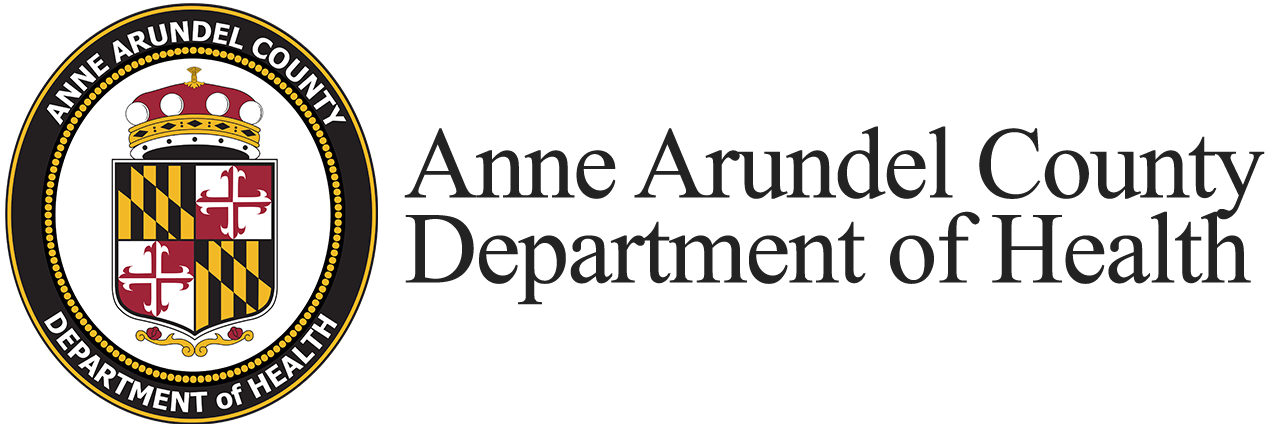No-cost Cancer Screenings
The following facility provides no-cost screenings to eligible Anne Arundel County residents who are 1) age 45 and over, or younger if high risk to colorectal cancer, and 2) uninsured or have limited insurance. Contact: MedStar Health Cancer Network for MedStar Harbor Hospital at 410-350-8216.
2024 Colorectal Cancer Education and Outreach Resource Guide
Colorectal Cancer Frequently Asked Questions
What is Colorectal Cancer?
Colorectal cancer is a disease that occurs in the colon (large intestine or large bowel) or rectum (the passageway that connects the colon to the anus). A polyp, which is a small abnormal growth of tissue, can form in these areas of the digestive system. A polyp is not cancer, but it can change over time and turn into cancer. Colorectal cancer screenings can find precancerous polyps so that they can be removed before turning into cancer. Screening can also identify cancer when it is in its early stages and treatment is most successful.
Risk Factors for Colorectal Cancer
Research has shown that people with certain risk factors are more likely than others to develop colorectal cancer. A risk factor is something that may increase the chance of developing a disease.
Studies have shown the following risk factors for colorectal cancer:
- Age 45 or older,
- African Americans,
- Personal or family history of colorectal cancer or colorectal polyps,
- Personal history of inflammatory bowel disease (e.g., ulcerative colitis or Crohn’s disease,
- Genetic alterations (e.g., hereditary nonpolyposis colon cancer or familial adenomatous polyposis,
- Personal history of cancer.
Some studies have suggested that people may be at an increased risk for colorectal cancer due to several lifestyle factors. If you think you may be at risk, talk to your doctor. Your doctor may be able to suggest ways to reduce your risk and can plan an appropriate schedule for screening. Colorectal cancer screening can find and remove polyps, thus decreasing your risk for developing colorectal cancer.
Symptoms of Colorectal Cancer
Colorectal cancer may have no symptoms at all until late in the disease. However, if you have any of the following symptoms, talk to your doctor:
- Blood in or on your stool (bowel movement),
- Change in bowel habits (constipation or diarrhea),
- Unexplained weight loss,
- General abdominal discomfort,
- Frequent gas or abdominal pain,
- Feeling that your bowel does not empty completely,
- Weakness or tiredness,
- Nausea or vomiting.
Several health problems can cause the symptoms listed above. Anyone with these symptoms should see a doctor.
Screening Recommendations
Colorectal cancer is most often found in people 50 years of age or older. If you are age 50 or older, talk with your doctor about colorectal cancer screening. Your doctor may start screenings earlier based on your risk factors. Screenings can find and remove polyps, thus decreasing your risk for developing colorectal cancer. The Department of Health recommends a colonoscopy as the best screening method. A number of other screening and diagnostic tests are available. Talk with your doctor to determine which type is best for you.
Additional Information
For information regarding colorectal cancer, order a FREE Colorectal Cancer Information Kit online or request one from the Community Education Line at 410-222-7979 or email hdltl@aacounty.org. Include your name and complete address.

